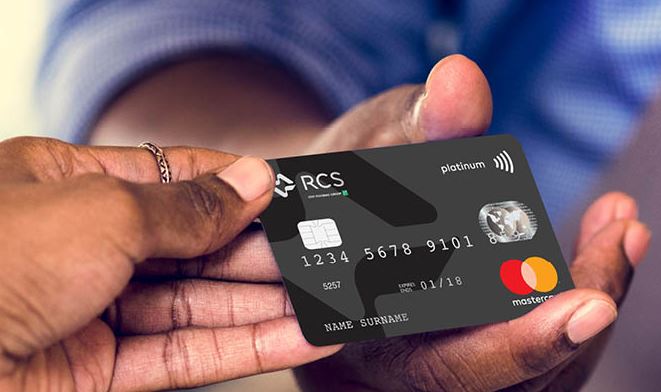Managing money isn’t just about numbers—it’s about making choices. Every financial decision involves a trade-off, a level of risk, and a set of priorities that shape your present and future. Learning to navigate these elements with intention is essential to building a life of stability, freedom, and fulfillment.
Understanding how to assess risk and set clear priorities in your financial life can help you avoid common mistakes, reduce stress, and make smarter decisions that reflect your values and goals.
The Nature of Financial Risk
Every financial choice carries some level of risk. Whether it’s investing in the stock market, starting a business, taking on a loan, or even delaying savings, risk is always present. But risk isn’t always a bad thing—it’s a natural part of growth.
The key is to understand the difference between calculated risk and reckless risk. Calculated risks are informed, planned, and aligned with your financial strategy. Reckless risks, on the other hand, are based on emotion, guesswork, or pressure.
Identifying potential downsides before making a decision helps you prepare and protect yourself. Ask yourself: What could go wrong? Can I handle the consequences? Is this risk worth the potential reward?
The Hidden Risk of Inaction
Sometimes, the greatest risk is doing nothing. Avoiding decisions—like delaying investments, putting off saving for retirement, or ignoring debt—can silently erode your financial well-being.
Inflation, for example, reduces the value of money over time. If your savings are just sitting in a basic account, you might actually be losing money in real terms. The same goes for failing to invest in yourself, your skills, or your career growth.
Being too risk-averse can create long-term damage by preventing you from taking necessary steps toward financial independence.
Setting Priorities Based on Values
Every financial journey is personal. That’s why setting priorities isn’t about following someone else’s plan—it’s about understanding what truly matters to you.
Start by identifying your core values: Is financial security your top priority? Freedom? Time with family? Impact? Then build your financial priorities around those values.
For example, someone who values stability might focus on eliminating debt and building an emergency fund first. Someone who values freedom might prioritize creating passive income streams or saving aggressively to retire early.
When your financial priorities align with your values, your decisions become clearer and more meaningful.
Emergency Funds Come First
Before chasing investments or big goals, the foundation of any strong financial plan is an emergency fund. Life is unpredictable—medical bills, job loss, car repairs, and other surprises happen. Without a safety net, these moments can force you into debt or derail your plans.
A good rule of thumb is to save enough to cover 3 to 6 months of essential expenses, kept in an easily accessible account. This reduces financial stress and gives you room to breathe when life gets tough.
Debt Management as a Priority
Debt can be one of the biggest obstacles to financial progress. High-interest debt, especially from credit cards, should be addressed early. The longer it lingers, the more it grows—and the more it limits your freedom.
Prioritize paying off toxic debt as soon as possible, while maintaining minimum payments on lower-interest obligations. At the same time, avoid taking on new debt for unnecessary purchases or lifestyle upgrades that don’t add long-term value.
Investing Wisely with Clear Goals
Investing is essential for long-term wealth—but it should be guided by purpose, not emotion or trends. Ask yourself: What am I investing for? Retirement? A home? My children’s future?
When you invest with a goal in mind, you can choose the right level of risk and the right strategy. Diversify your investments, think long term, and avoid panic during market fluctuations. Patience and consistency are often more powerful than timing or luck.
Balancing Enjoyment and Responsibility
A financially healthy life is not about denying yourself joy—it’s about finding a sustainable balance between enjoying today and preparing for tomorrow.
Budget for what matters to you. Plan for small pleasures and memorable experiences. But be intentional. Avoid letting impulsive desires override long-term priorities. Financial discipline isn’t about restriction—it’s about making conscious choices that reflect your true priorities.
Building Resilience Through Knowledge
The more you understand about money—how it works, how to manage it, how to grow it—the more confident and resilient you become. Financial education is a lifelong journey, and it’s one of the best investments you can make.
Read books, take courses, follow reliable experts, and stay curious. The ability to make wise decisions in the face of uncertainty starts with knowledge.
Final Thoughts
Life is full of risks, and your money will always face challenges. But with clear priorities, thoughtful planning, and a steady mindset, you can navigate those risks and turn them into opportunities.
Financial freedom doesn’t come from luck—it comes from clarity, strategy, and action. Define what truly matters to you, organize your financial life around those values, and take consistent steps toward the future you want.
You don’t need to control everything—you just need to control what you can and stay faithful to the process.






